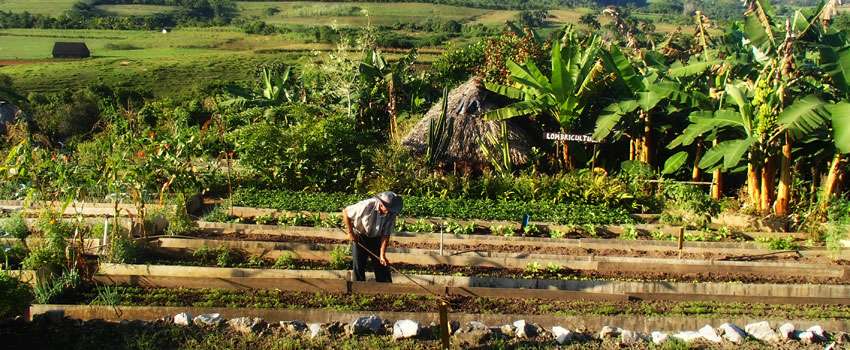A study has disclosed that the US and Europe are accountable for most global ecological damage caused by the overuse of natural resources.
The study is the first to analyze and assign responsibility for the ecological damage caused by 160 countries over the last half-century. Per the study’s findings, the US is the biggest culprit, accounting for 27% of the world’s excess material use, followed by the EU (25%), which included the UK during the analysis period.
Other rich countries such as Australia, Canada, Japan, and Saudi Arabia were collectively responsible for 22%. While China overshot its sustainability limit to claim 15% of resource overuse, the poorer countries of the global south accounted for just 8%, the analysis found.
Prof Jason Hickel of the Institute of Environmental Science and Technology (ICTA-UAB) in Barcelona, the study’s lead author, said the findings are histrionic and alarming. The new study noted that about 44% of the planet’s nearly 2.5 tonnes of extracted materials were used by countries that had exceeded their fair share of resource use.
Over the same period, 58 countries, including India, Indonesia, Pakistan, Ghana, Nigeria, and Bangladesh, stayed within their sustainability limits. “High-income nations are the primary drivers of global ecological breakdown, and they need to urgently reduce their resource use to fair and sustainable levels,” the study revealed.

Because of the ecological debt they owe the rest of the world, “these nations need to take the lead in making radical reductions in their resource use to avoid further degradation, which will likely require transformative post-growth and degrowth approaches,” the study published in the journal Lancet Planetary Health stated.
The research analyzed the domestic extraction and the materials involved in global trade, flows for resources such as fossil fuels, timber, metals, minerals, and biomass, using data from the UN’s international resource panel and extrapolated calculations.
Earlier this year, the UN Intergovernmental Panel on Climate Change’s sixth assessment on climate adaptation cited Hickel and others to contend that such strategies offered “sufficient social transformation to guarantee maintenance and a rise in wellbeing coupled with reduced ‘footprints.’
Earlier this week, the IPCC’s last report said that de-growth pathways might be “crucial” for combining social progress with technically feasible mitigation strategies. The information looked at what can be done to limit and prevent human-caused emissions that cause global warming, where emissions come from, and provided pathways that show the impact of human decisions today and how it affects the planet in the near future.
READ ALSO: ADB Presents GHS600, 000 Cash Prize to National Best Farmer
global ecological damage



















